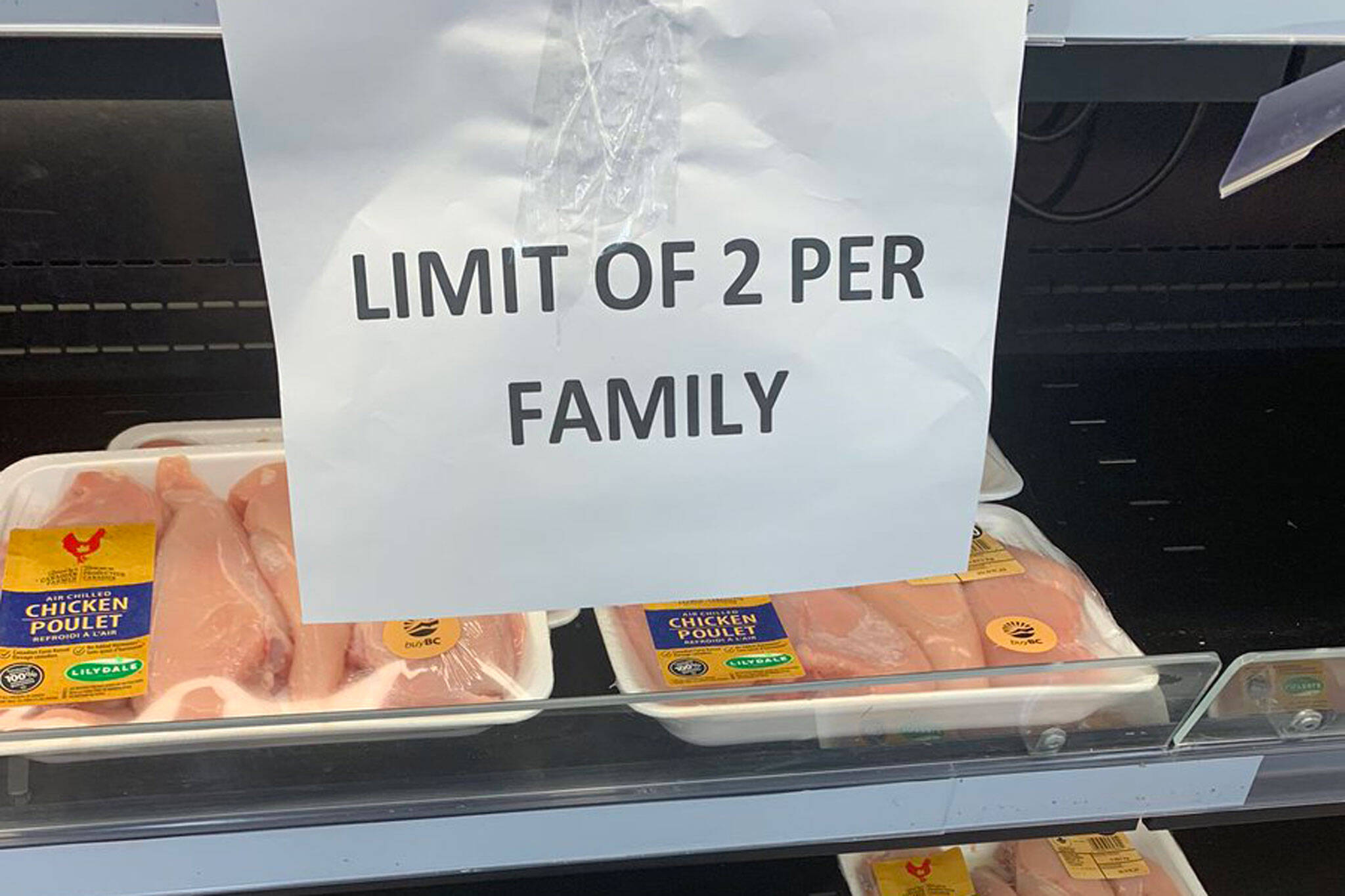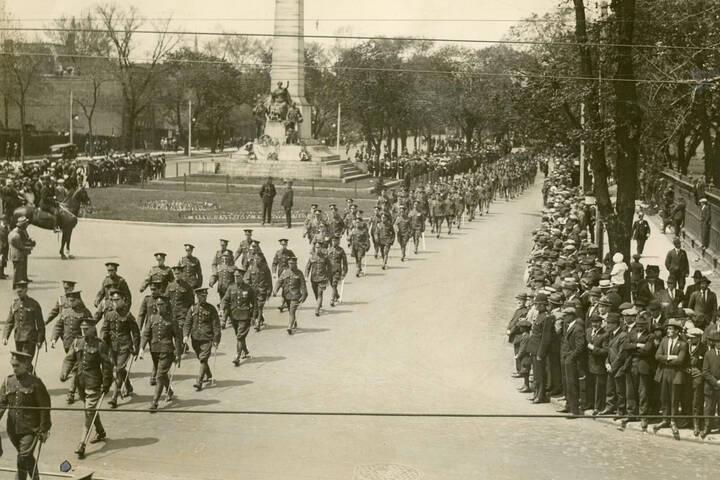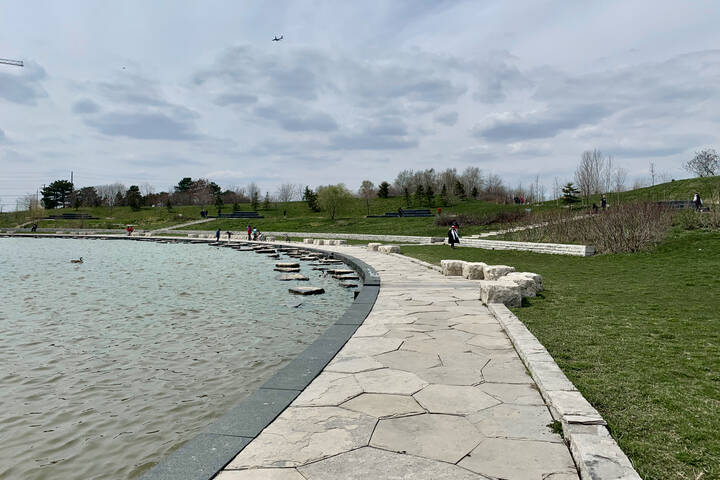
Some supermarkets in Toronto are now limiting purchases to two per product
Grocery stores around Toronto have begun to implement measures against panic shopping amidst heightened precautions for COVID-19.
Over the past week, larger than normal lineups have been taking place at pharmacies and grocery stores around the city, causing shortages of some essential items such as toilet paper, disenfectants, and food products.
In order to manage stock, some locations of big chains like Metro, Loblaws, and Walmart have put up signs to stop shoppers from overbuying.
I saw this at Metro today. Great initiative to help everyone and serve everyone 🙂 pic.twitter.com/pSGQYNpyUx
— Sreekalaa P R (@sreekalaa1) March 20, 2020
There's a limit of two packs of Lilydale chicken breasts per family at Canadian Walmarts, for example. Meanwhile Loblaws stores, like the one at Leslie and Lakeshore, have been imposing a two-per customer limit on toilet paper since last week.
One shopper also captured a sign outside a Metro supermarket in Toronto, limiting purchases to two per family of any product in the store.
City officials haven't yet made an official statement to address the pressure on grocery stores to restock as people buy more products than usual.
Finally @WalmartCanada 👏🏻 I don’t eat meat but this is good!! pic.twitter.com/5ryUzWq3wq
— Leah Holiove (@Leah_Holiove) March 20, 2020
Meanwhile, several grocery stores have already decided to add extra hours to accommodate the elderly and other vulnerable community members before shelves empty out for the day.
For those who need to stock up but don't want to put themselves at risk in public spaces, there are several stores offering grocery delivery online.
Latest Videos
Latest Videos
Join the conversation Load comments







